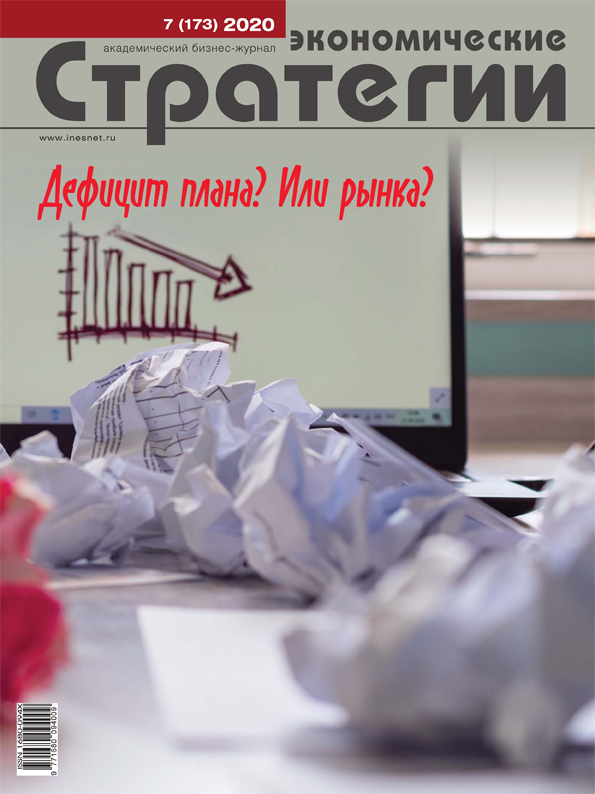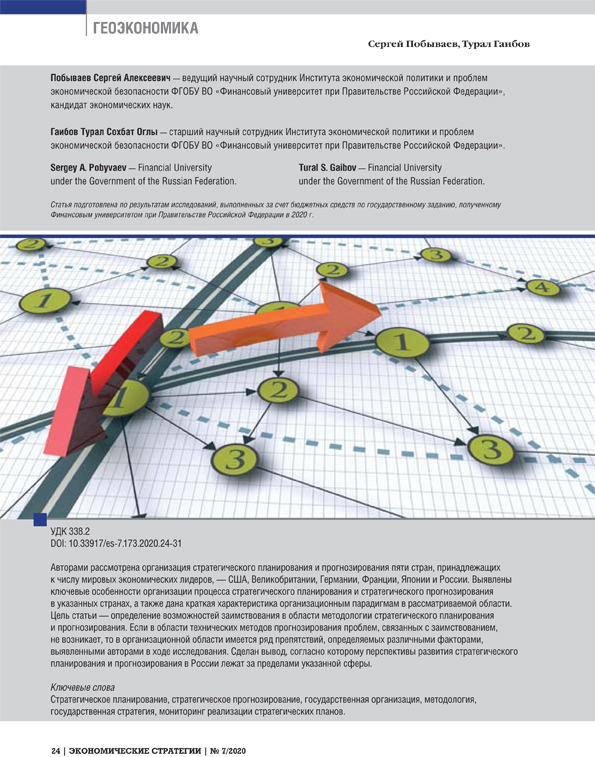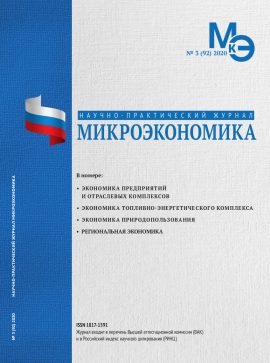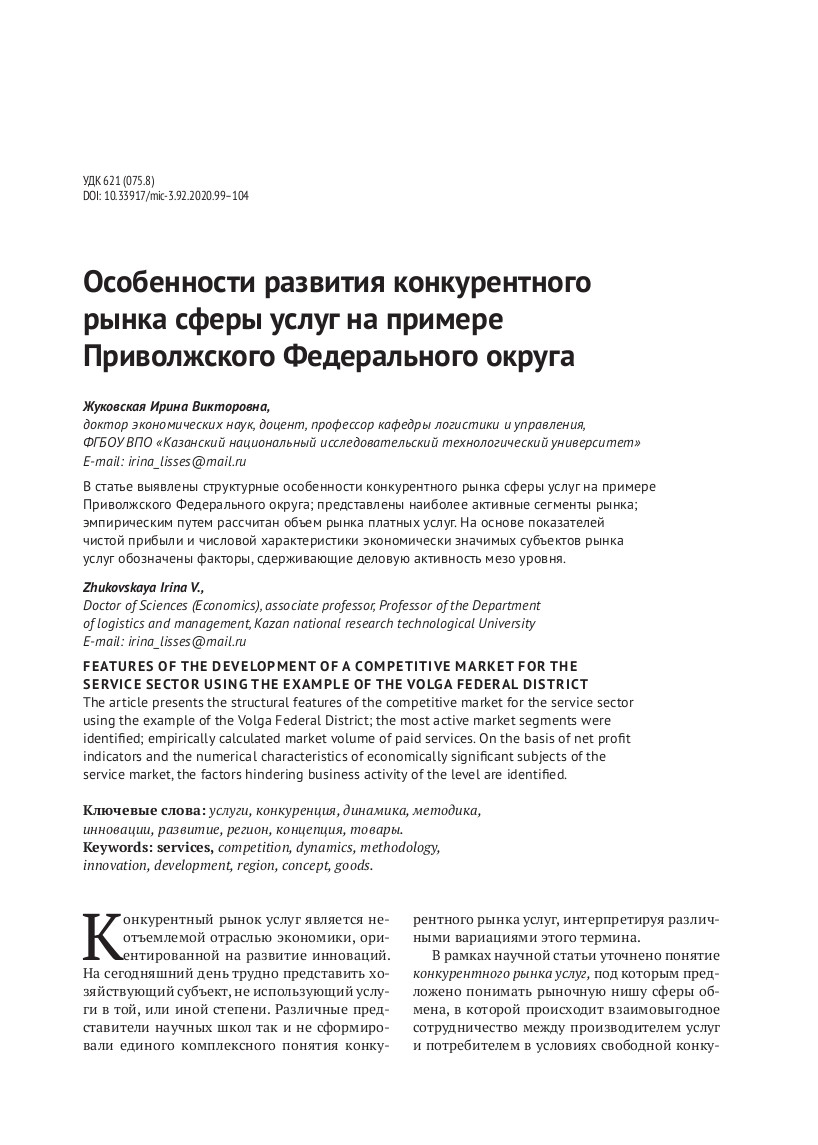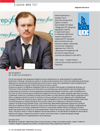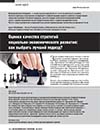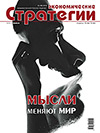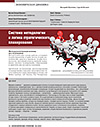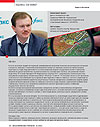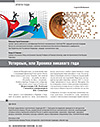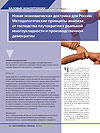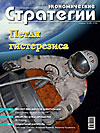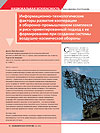Keywords: ,
,
,
,
,
,
,
,
,
,
,
The importance of the formation and development of the life cycle cost assessment methodology in the Russian economy is determined by the need to supplement the practice of valuation activity with its new variety — assessment of the life cycles of goods, works, services or systems of a technical or production-economic nature. The analysis showed that in the valuation activity it is necessary to use not only traditional types of values, such as market, liquidation, investment and cadastral, but also a new type of value — life cycle assessment for total costs, estimation of cost of ownership, as well as assessment of the value of contracts for life cycles. The actualization of the life cycle value assessment as a special type of valuation activity is associated with the development of the global economic trend of managing goods based on their presentation as life cycles. Summing up the value of the goods in exchange with their value in use, it is possible at a certain period of ownership to obtain the integral value of the cost of the life cycle or cost of ownership. The aim of the study is to summarize the domestic experience and features of its development in relation to the use of the methodology for assessing the cost of life cycles as a special direction of valuation activity in the Russian economy, taking into account the review of foreign analysis in this area. The research methods were used in the form of a set of interrelated methodological approaches based on expert assessments, retrospective analysis, forecasting, comparative, cost and income assessment methodologies, economic and mathematical modeling, as well as logical, technical, economic and situational analysis. The article summarizes the results in the field of the genesis of valuation activity in the domestic economy regarding the cost modeling of life cycles, highlighting the main stages of their development. A review of the main existing methods for estimating total costs is given and their characteristics are given. Shown excursion assessment in a foreign economy. Debatable questions of the methodical modeling of the valuation of life cycles and life cycle contracts have been disassembled and highlighted
Продолжить чтение


